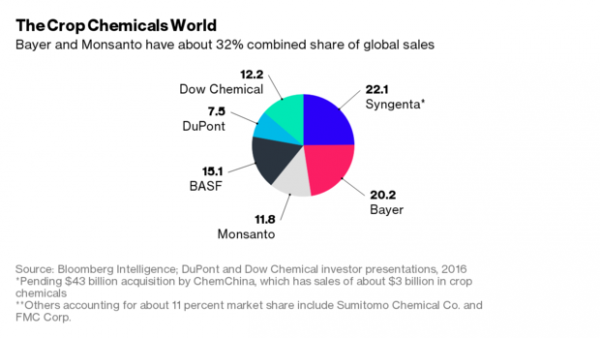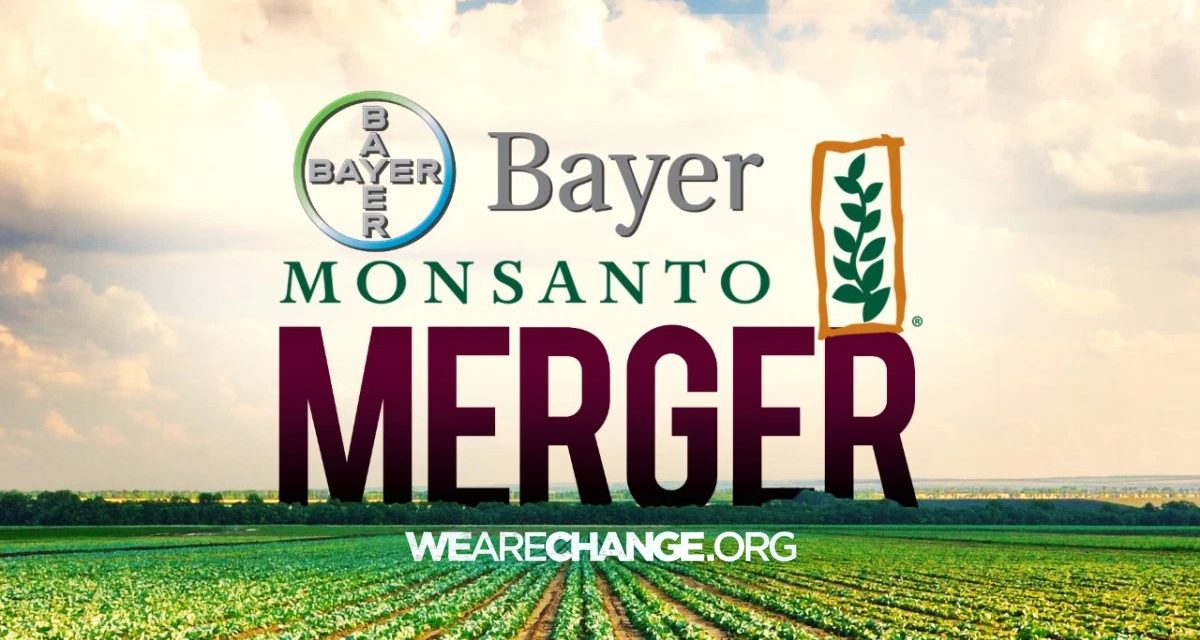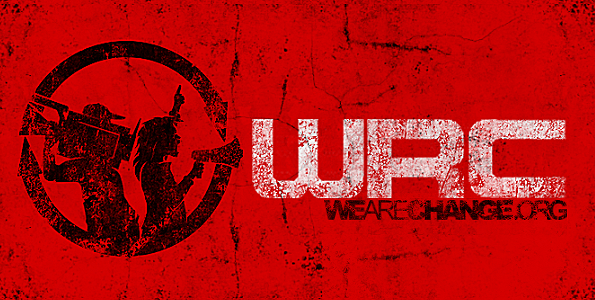By EMMA COURT Reporter for MarketWatch.com
In a rapidly consolidating sector already dominated by just a handful of players, Bayer AG’s $66 billion deal with U.S.-based Monsanto Co. has significant negative implications for farmers and the industry, experts say.
Bayer BAYN, -0.65% and Monsanto MON, -0.59% are major manufacturers of agrochemicals, seeds and genetically modified crops. There are concerns that such genetic engineering cuts down on natural biodiversity and exposes the food supply to risk from disease and unpredictable weather.
Bayer announced the agreement early Wednesday, months after the company made its first offer for Monsanto. It would raise its offer twice before Monsanto agreed to the final $66 billion, including debt.
The consolidation of two big industry players into one of the world’s largest agrochemical firms may also limit farmer choice and bargaining power, with increasing seed prices expected to be passed on to the grocery aisles.
The two companies, though, say the deal will be a boon to the agricultural industry — helping to feed an expanding population in a sustainable way — as well as farmers.
In response to potential antitrust concerns, the companies said they will work “diligently” with regulators to propel the deal forward, and that Bayer would pay $2 billion as an antitrust breakup fee, “reaffirming its confidence that it will obtain the necessary regulatory approvals.”
Still, experts were much less positive about the merger.
“The consolidation and driving out of smaller competitors, and controlling the marketplace and raising prices of seeds and pesticides for farmers worldwide is going to be a real shock to the food system,” said Robert Lawrence, a Johns Hopkins School of Medicine professor and the founding director of the Center for a Liveable Future.
Countering criticism
There’s already a deep and widely held public suspicion of Monsanto, which has been so battered by controversy that it dedicates a section of its website to allegations that its genetically engineered seeds are harmful, that the company is malicious in its dealings with farmers and more.
It’s unclear whether a Bayer takeover would improve that public-relations problem, though Monsanto’s poor image did factor into consideration of the deal, Bayer’s chief executive officer, Werner Baumann, acknowledged in a call when the deal was first made public.
In a statement to MarketWatch, the company played up its efforts to innovate in food production.
“We have a commitment to transparency and open dialogue and that is how we will run the combined activities,” Bayer told MarketWatch in a statement. “We are convinced that we can address critical questions.”
(Bayer itself hasn’t gone totally unscathed by such criticism. The company has been slammed for manufacturing an insecticide that studies show harms bees — and which the European Union banned in 2013 — though other companies have come under fire for similar products.)
The deal comes on the heels of a spate of recent merger activity, such as a tie-up between Dow Chemical Co. and DuPont — currently being reviewed by European Union antitrust regulators — and Chinese state-owned company ChemChina’s takeover of Syngenta.
The U.S. Justice Department has been urged by advocacy groups to review the Dow-Dupont merger, something that’s not out of the question with the Bayer-Monsanto deal, said Patty Lovera, assistant director of the nonprofit Food and Water Watch.
In fact, “we think the Justice Department should look at it,” she said. “Anytime companies, already giant companies, merge, they get more market share. There’s political power that comes with that economic power.”
“The players already in that room,” she said, “are going to get bigger.”
Monsanto’s European reputation could also affect antitrust concerns, Height LLC analysts said in late August.
“Our view remains that regulators are likely to take a dim view of so many ‘Big Ag’ deals happening at once, and that all three are unlikely to be approved,” the note said. “We view the [Monsanto-Bayer] deal as less likely to go through given political pushback among regulators in the EU and US to additional sector consolidation… as well as particular antipathy in Europe to MON’s glyphosate-based Roundup weed killer and dominance in the GMO crop market.”

One testament to Monsanto’s market power: The company is responsible for more than 90% of soybean seeds sold in the U.S., said Johns Hopkins’ Lawrence, who worked at the Centers for Disease Control and Prevention for years.
And while such genetic engineering is often the target of health concerns, the real danger is how it impedes biodiversity, Lawrence said. Bred to be better in various ways, and marketed as such, genetically engineered seeds — which lack crucial genetic diversity — dominate.
“The fact is we went from having probably 30 or 40 varieties of soybeans to now having one variety” making up nearly all of U.S. soybean production, Lawrence said.
Should a new disease pop up, as happened several years ago in Brazil, it could wipe out a good chunk of the crop — a “very real risk that happens repeatedly,” said Lawrence.
That would mean goodbye to reasonably priced soy milk, for one thing, at least for a while.
That concern also translates to weather variations, a factor that’s become even more unpredictable with climate change.
“Do you have the diversity you need for a food supply that can bounce back?” Food and Water Watch’s Lovera asked.
See: Bayer makes $62 billion bid to take over Monsanto
It’s also possible these types of mergers will shrink the number of consumer options, including organic crops and produce grown with fewer chemicals.
With a business model predicated on seeds and chemicals, even bundling them together, there’s an incentive — especially as market share increases — to produce “seeds geared to their model of production, which is a chemical model of production,” she said.
Bayer didn’t respond to specific criticisms in a statement, instead generally addressing the company’s role in feeding a growing population. “GMO is all about science — and it is a relevant tool in the toolbox to fight hunger in the world,” the company said.
Monsanto did not respond to requests for comment.
Limiting choice
Given the size of the players involved, Bayer’s acquisition could seriously constrain farmers’ choice in seed purchasing, something that’s already limited, said Lovera.
Looking at other players attempting to merge as a model sparks such concerns. Dow Chemical Co. and DuPont have spoken of streamlining, and research and development could be one target, she said. Bayer said the deal would generate $1.5 billion in synergies in the future, though it didn’t specify where.
“The pipeline of what you offer is going to get smaller,” she said. “With not as many players, you don’t have to offer as many options.”
Seeds are sold with a combination of traits — including being more disease-resistant, productive and so on — that farmers already say prevents them from customizing to their specific geographies and other particularized concerns and forces them to pay for traits they don’t require.
Plus higher seed prices translate into higher consumer prices.
But it’s not a foregone conclusion that the Bayer-Monsanto deal will limit farmer choice, said Greg Jaffe, biotechnology project director at the Center for Science in the Public Interest.
“I don’t know if that will in the end give farmers more choice in the seeds and traits in those seeds or less choice, he said. “It might allow Bayer to put more of Monsanto’s seeds in their variety … or they might choose to produce less varieties.”
In any case, the combined influence of such mergers is significant.
“It’s already a very consolidated marketplace,” Lovera said. “All the mergers on the table really kind of cut it in half.”
This article was first published on May 24. It has been updated.














Sign up on lukeunfiltered.com or to check out our store on thebestpoliticalshirts.com.